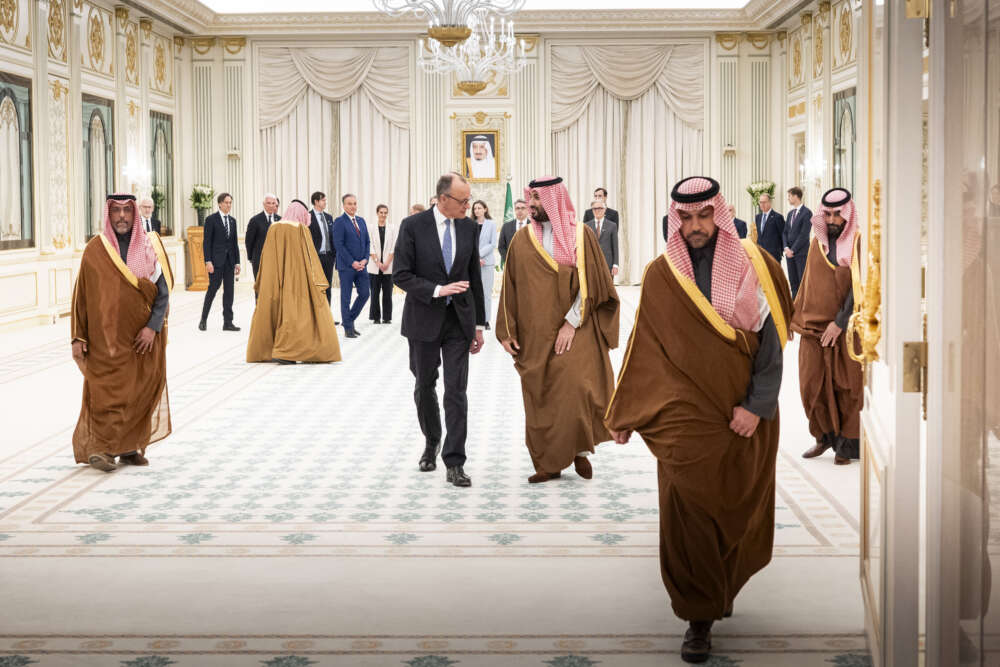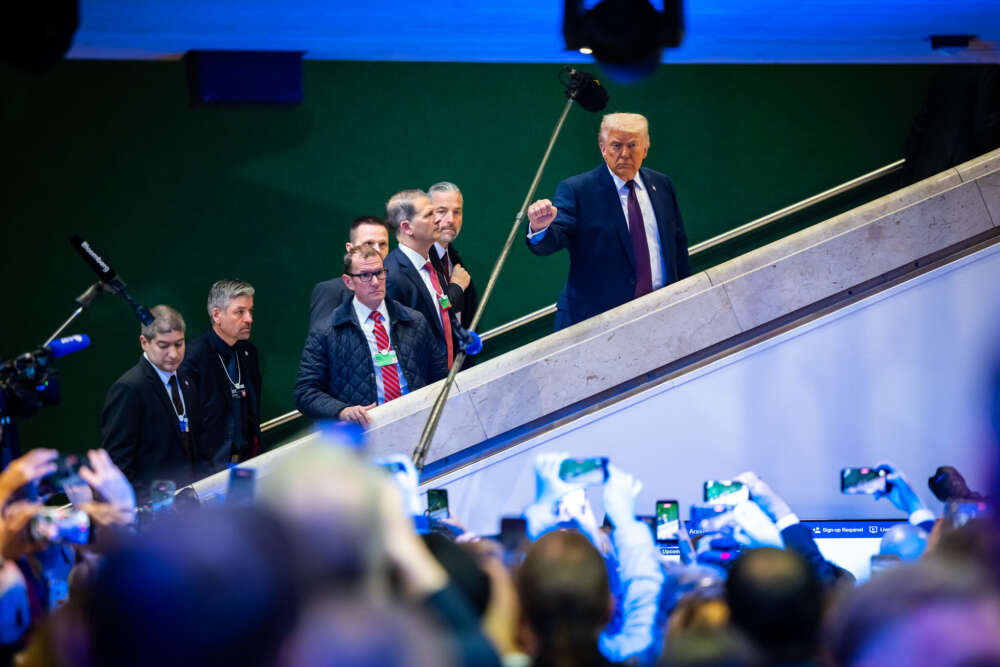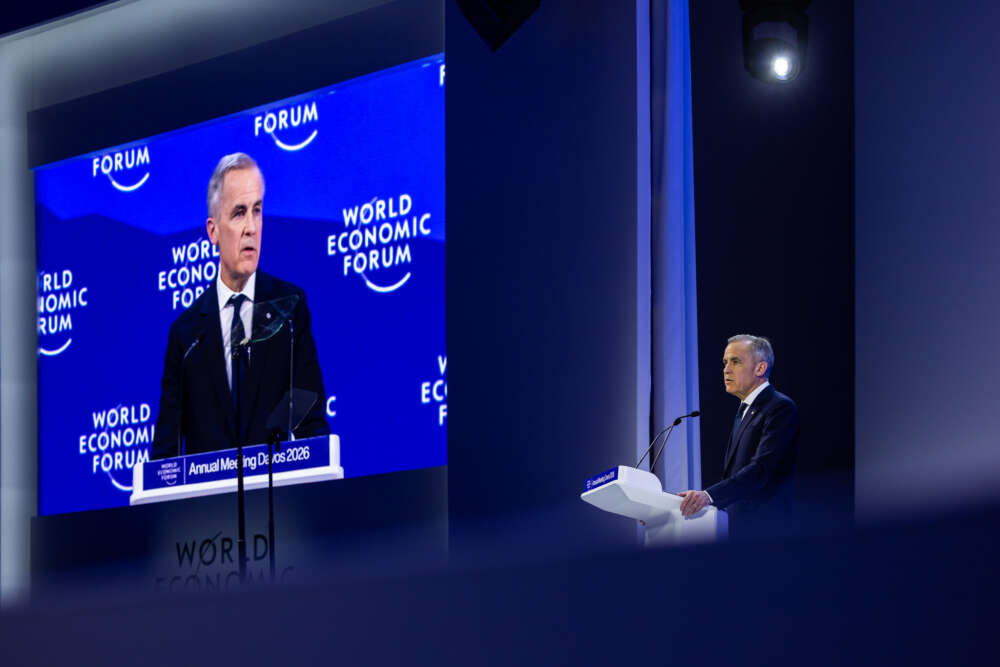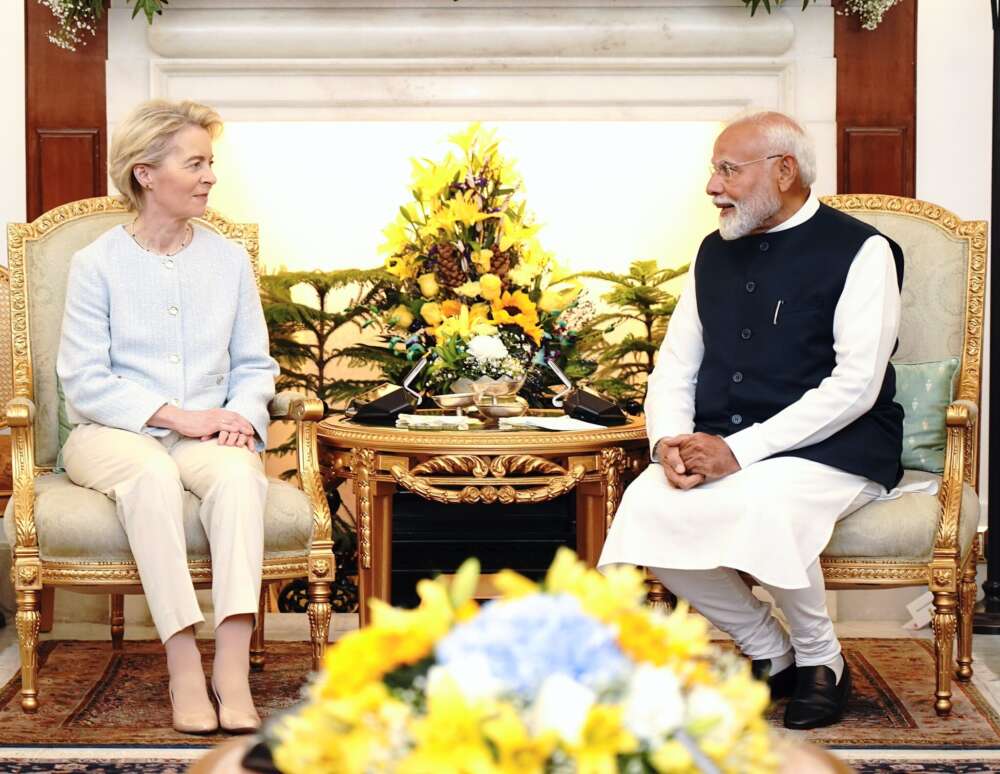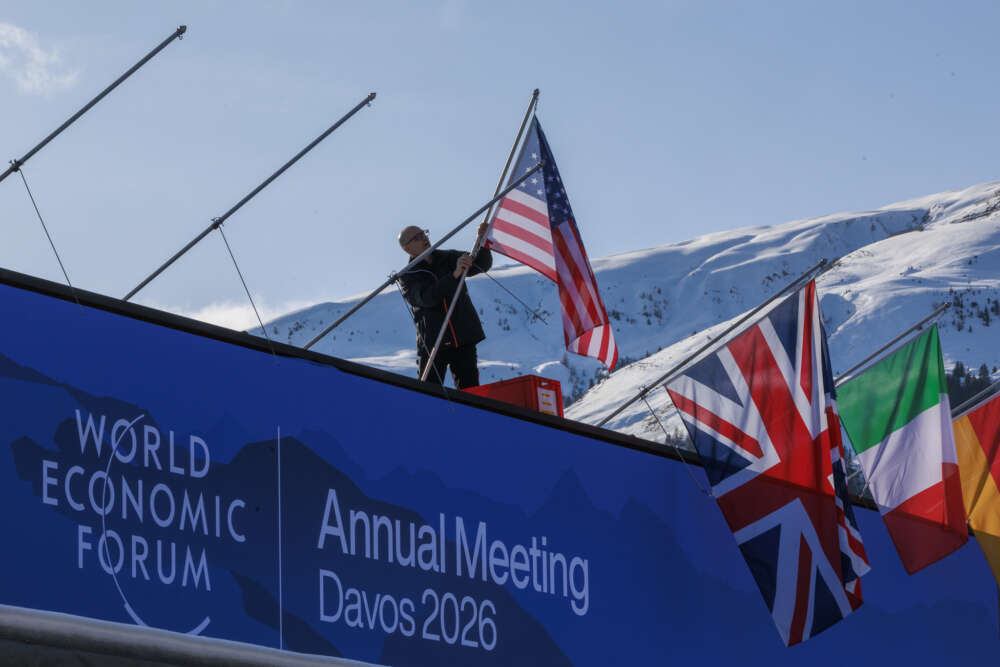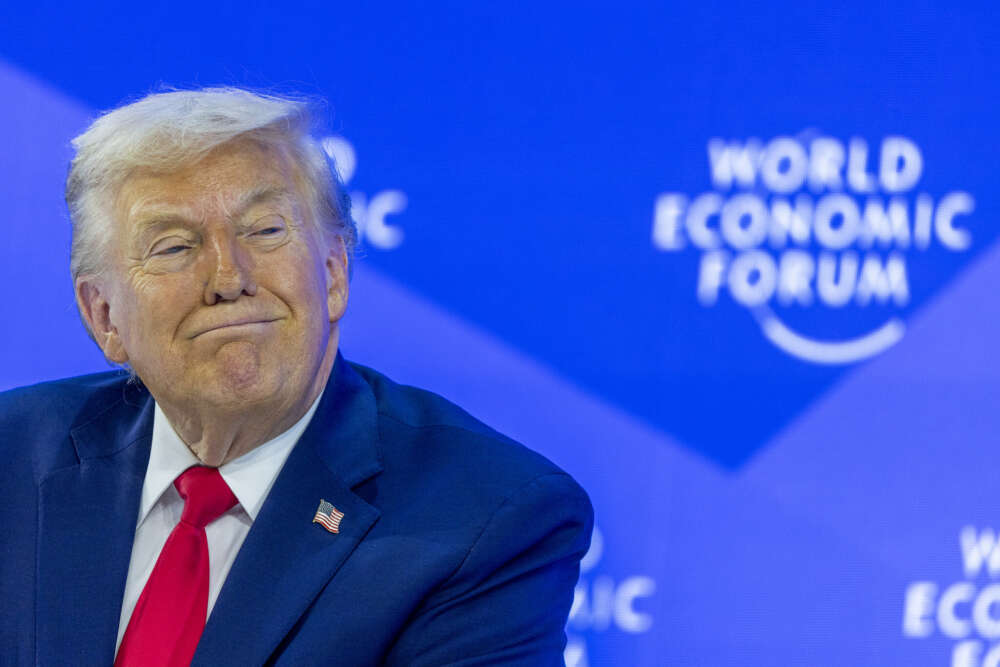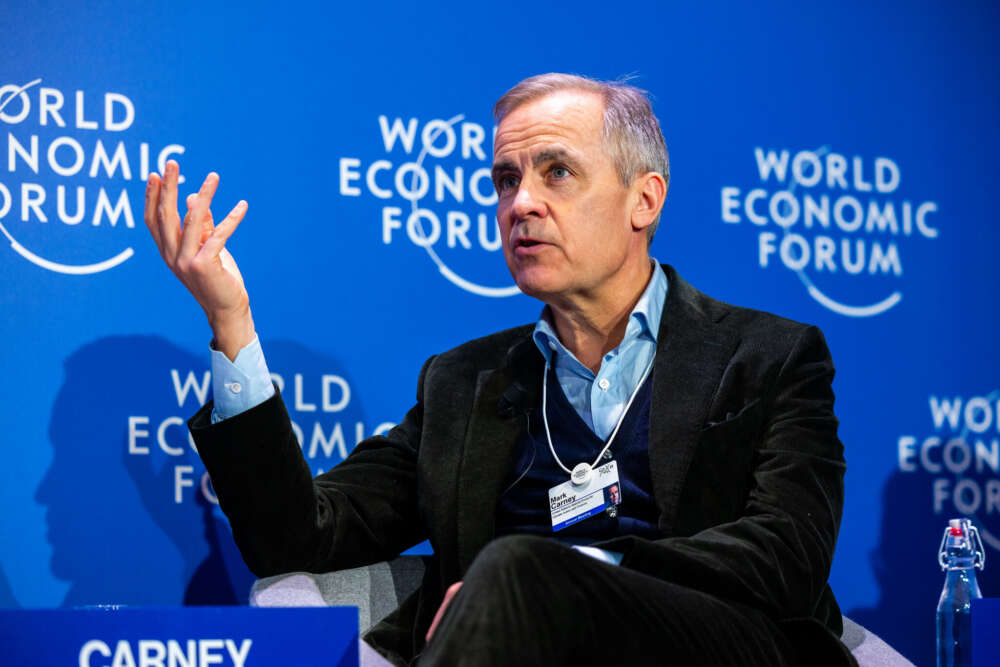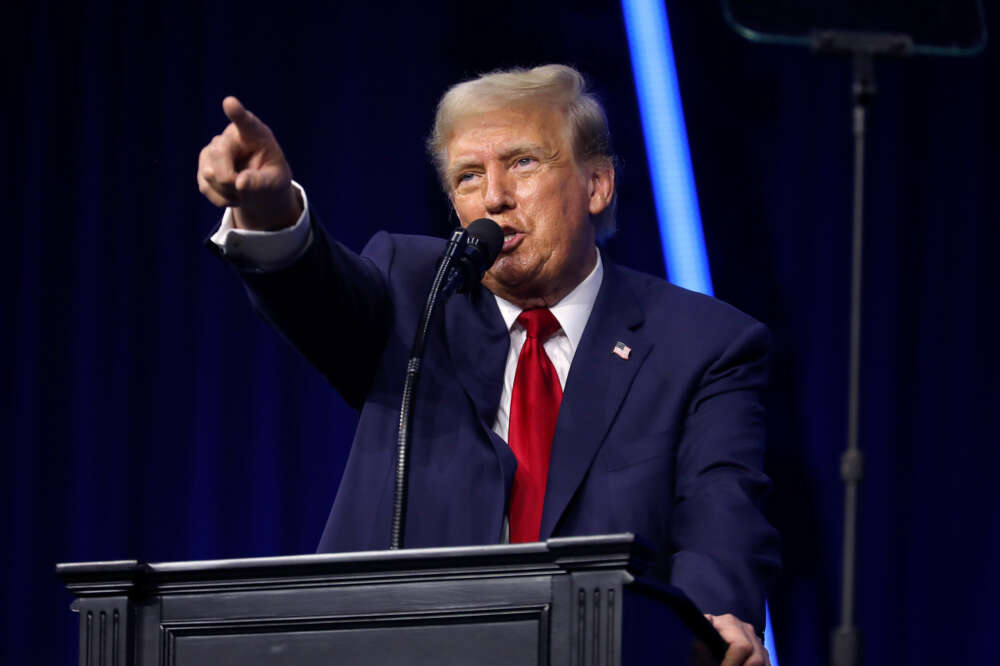Europe and China’s ‘Virtual Summit’
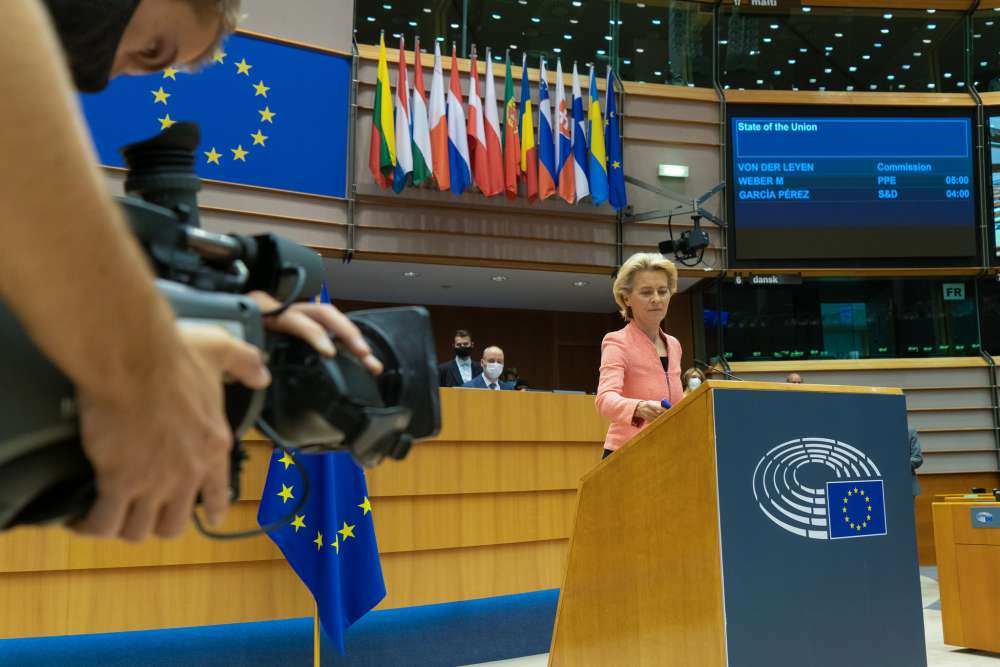
2020 will likely go down in history as the year in which the EU shed illusions about a “comprehensive strategic partnership” with Beijing. Both Monday’s video conference and the annual summit in June are key events in the China re-think that is taking place across Europe. In both meetings, Europe sent a clear message to Beijing: 1) that the EU suffers from a serious case of “promise fatigue” because Beijing doesn’t keep previous commitments, and 2) that the EU will stand up for its interests more forcefully and push for a “more balanced” relationship. In a press conference, EU Council President Charles Michel talked about raising with Xi Europe’s misgivings about Beijing’s actions in Hong Kong and Xinjiang as well as the fate of Swedish citizen Gui Minhai and two Canadian citizens held by Beijing as part of its coercive “hostage diplomacy.” It was clear that Michel did more than just tick boxes for domestic political consumption. He expressed the EU’s real concern about Beijing’s aggressive posture. But it is Commission President Ursula von der Leyen’s statement that “China has to convince us that it is worth having a Comprehensive Agreement on Investment” that best embodies the new EU spirit toward dealing with China. It signals new self-confidence and awareness of the EU’s leverage as China’s largest market. Von der Leyen made it clear there is no “meeting halfway” on investment, outright rejecting Beijing’s preferred formula to justify dragging its feet on market access. Just two years ago, such a statement on the part of the EU would have been unthinkable.
It’s striking that at the end of four years of Trump’s presidency, EU-China relations are at a historic low, with many more in Europe now seeing Beijing as a “systemic rival“ (the new term of choice in Brussels and many European capitals) rather than “strategic partner” (the previous term of choice). With Trump’s attacks on everything most European governments hold dear, Beijing had the best possible conditions for deepening its relations with Europe. Instead, Beijing’s aggressive actions and ham-fisted diplomacy have triggered a European re-think. Europe’s fear is to become just an object rather than a player in its own right in growing U.S.-China confrontation. Michel’s defiant statement on Monday that “Europe is a player, not a playing field” reflects this. There’s a minimum consensus across Europe now that Europe needs to learn to play geopolitical and geo-economic hardball.
A lot of what that means, especially in relation to Washington, remains unclear. There does not yet exist a 100-day plan for what Europe could do with a President Biden on China. There’s even less of a clear sense how Europe can defend itself against a continuation of the dual assault by Trump and Beijing. And Angela Merkel is still Europe’s biggest stumbling block on a tougher and more realistic approach to Beijing. It’s telling that Merkel still talked about a “strategic partnership” with Beijing on Monday. Her approach is too much influenced by the outsized dependence of some large German companies on the Chinese market and fear of retribution.
This commentary was first published as part of a ChinaFile Conversation on September 18, 2020.
